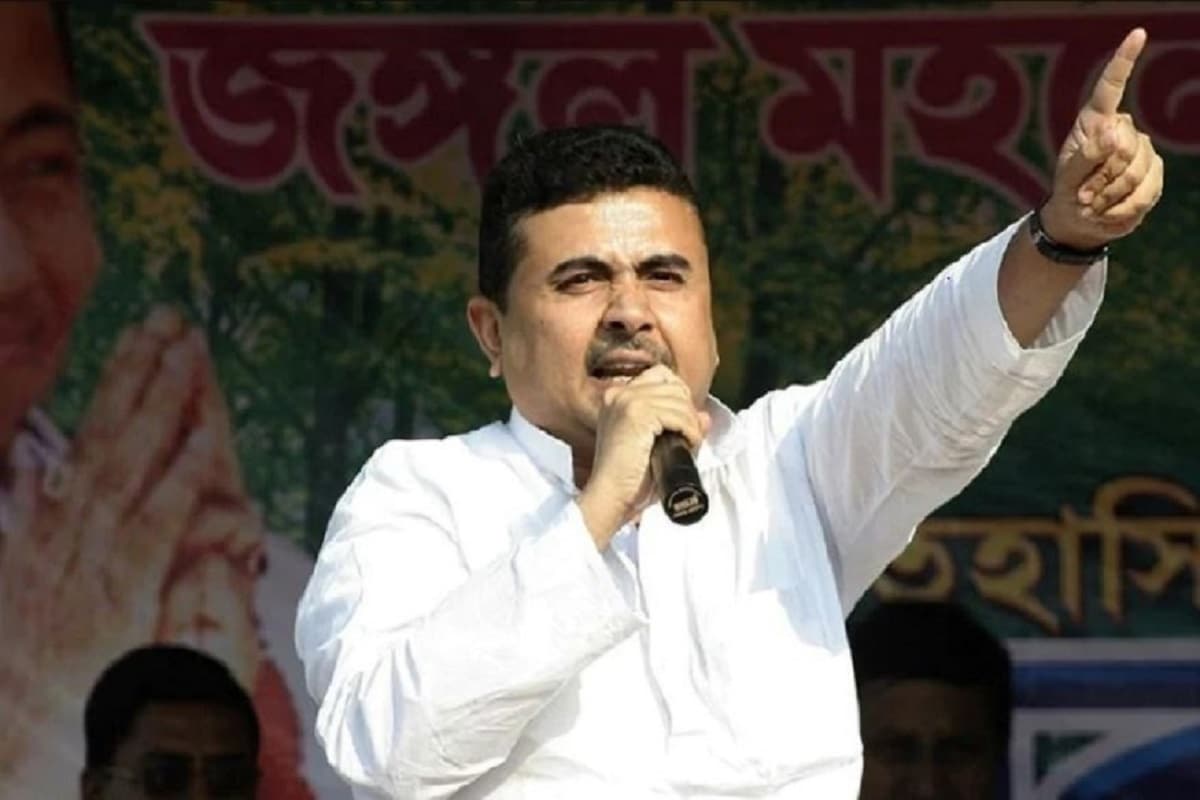President Trump’s decision to endorse Moroccan control of Western Sahara puts the United States once again at odds with world opinion, as it takes sides for the first time in a decades-long struggle at a moment when that conflict threatens to return to open warfare.
Even when Spain controlled Western Sahara, Morocco, which lies just north of it, claimed sovereignty over the region. In 1975, Spain withdrew from the territory, a vast, arid expanse on the northwestern shoulder of Africa that is larger than Britain but has fewer than 600,000 people.
Moroccan forces moved in, while the Polisario Front, a separatist movement of the Sahrawi ethnic group, declared independence for Western Sahara, calling it the Sahrawi Arab Democratic Republic. They fought a 16-year war that ended in a 1991 cease-fire, with Morocco holding most of the territory.
Last month, Morocco launched a military incursion into the United Nations-controlled buffer zone between the two sides, and Polisario responded by repudiating the cease-fire, suggesting a return to armed conflict, but so far that has not happened.
Here is a look at the long-running dispute and what it means for the region.
How much support does each side have?
Dozens of countries, including most of those in Africa, have formally recognized the Sahrawi republic — though the world’s major powers and the United Nations have not — and many more have expressed varying degrees of support.
Most importantly, Algeria, which borders both Morocco and Western Sahara, has actively supported Polisario and is home to more than 100,000 Sahrawis living in refugee camps; and Mauritania, which has the longest border with Western Sahara, also sides with the Sahrawi republic.
Despite that recognition, Morocco controls most of the country, including the entire 500-mile-long Atlantic coast, while Polisario is limited to occupying parts of the desert interior.
A 1979 U.N. resolution recognizes the right of Western Sahara’s people “to self-determination and independence,” considers Polisario as their representative, and “deeply deplores” Moroccan occupation.
While many countries have tacitly recognized Morocco’s annexation of Western Sahara, experts on the region say that until now, they have not done so officially.
Since the 1970s, Morocco has encouraged its people to settle in Western Sahara, sharply shifting the demographic balance — and, presumably, local public opinion. Much of the world considers this resettlement illegal.
The 1991 cease-fire agreement included the promise of a referendum on independence, demanded by Polisario, but it has never taken place, despite repeated U.N.-mediated talks on holding a vote.
How dangerous is the situation?
Another war could draw in the involvement of other countries, turning it into a regional conflict. And instability and war could create openings for violent Islamist groups operating in Western Africa, as it has in several other countries.
The United States, France and others have worked with countries in or bordering the vast sub-Saharan region known as the Sahel to fight those insurgencies. A war in Western Sahara, particularly if it pitted neighboring countries against each other, would significantly hinder that effort.
But it is not at all clear how eager Polisario and Morocco are to resume fighting, or how willing other countries are to get involved.
War or not, Mr. Trump’s action is especially likely to cause friction with Polisario’s most important ally, Algeria, said Sarah Yerkes, a senior fellow in the Middle East Program of the Carnegie Endowment for International Peace.
“I think this will jeopardize U.S. relations with Algeria significantly — at least until Jan. 20,” when Joseph R. Biden Jr. is to be sworn in as president, she said. “For now this is just a statement, so Biden could easily say his administration disagrees with this statement and supports a U.N.-negotiated settlement, not a unilateral statement by a lame duck administration.”
What does Morocco get out of the deal?
King Mohammed VI of Morocco, like his father, Hassan II, has argued for decades for international recognition of Western Sahara as part of his country. To receive that backing first from the United States is a boost in prestige and may raise Moroccan hopes that other countries will follow.
“Symbolically it matters a great deal,” Dr. Yerkes said. “Basically it is an ‘I told you so’ to the international community.”
In addition to recognizing Morocco’s claim of sovereignty, the Trump administration’s on Thursday also announced that Morocco had agreed to begin normalizing relations with Israel.
Morocco could reap gains from normalized trade with Israel, but Western Sahara itself has few natural resources to exploit.
Some countries have sought improved relations with Israel to tap into its expertise in intelligence and high-tech weaponry. Azerbaijan’s success in its recent war with Armenian forces rested heavily on the use of sophisticated drones supplied by Israel.
But Morocco and Israel have already had close cooperation in military and intelligence matters for decades, despite their lack of official ties.
Ruth MacLean and Ronen Bergman contributed reporting.






More Stories
The ‘Hotel Rwanda’ Hero Is About to Go on Trial. Here’s What We Know.
International Court Accuses Two Central African Militia Leaders of Attacks on Muslims
4 killed, 2 injured in separate attacks in Afghanistan’s Nangarhar – Times of India